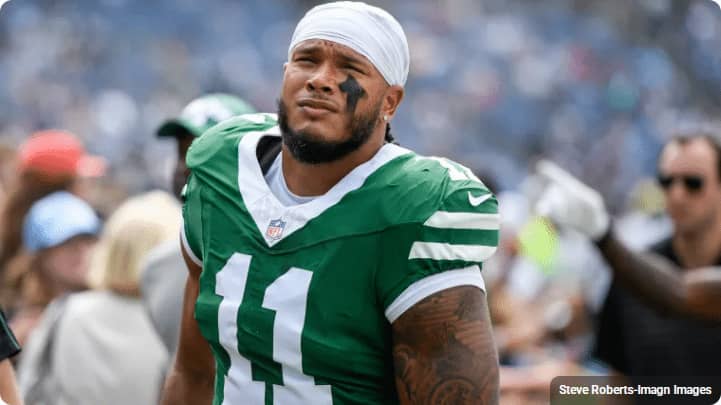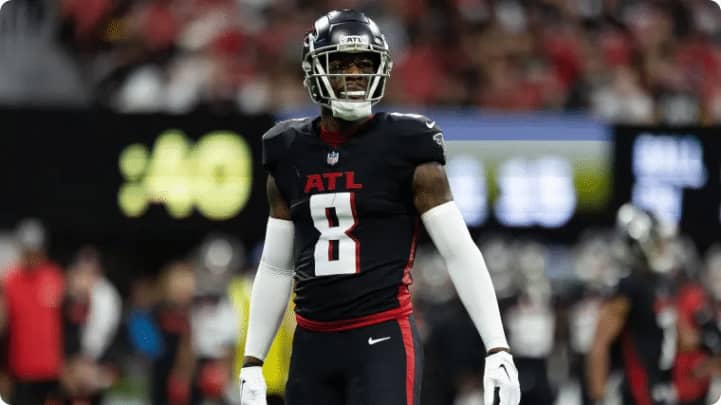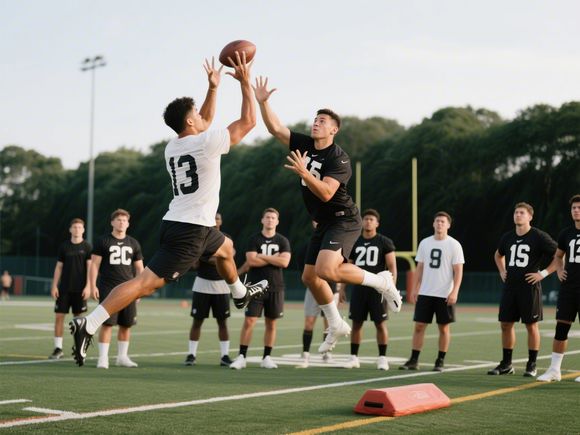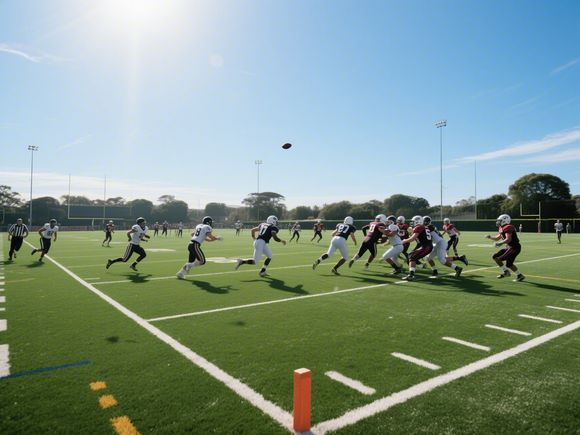NFL Fraud Alert: Jets’ Jermaine Johnson Warns of $60K Scam and Player Vulnerabilities
FEEL UNSTOPPABLE IN GEAR THAT MOVES WITH YOU.
From lightweight running shorts to moisture-repellent jackets – every piece is crafted for peak performance and head-turning style.
Need sports gear? Get it on sale now – discounts you can’t resist! <--ClickThe Scam Unveiled
New York Jets defensive end Jermaine Johnson II recently exposed a $60,000 financial scam involving a company named "Court Dreams." The incident occurred when Johnson hired the firm to manage a community project but received neither services nor a refund. This case highlights a growing issue: scammers increasingly target NFL athletes, exploiting their public profiles and financial inexperience.
Common Scam Tactics
Scammers often pose as legitimate businesses or team affiliates, leveraging athletes' trust and charitable instincts. In Johnson’s case, fraudsters capitalized on his desire to support a community initiative, vanishing after receiving payment. Similar schemes thrive by preying on athletes’ busy schedules, which may limit their ability to scrutinize contracts or track transactions.
Broader Trends in NFL Fraud
Johnson’s ordeal is not isolated. In 2025 alone:
- An NFL player was hacked on social media, with scammers demanding a $2,500 ransom after posting explicit content.
- Former players Clinton Portis and Carlos Rogers faced charges for defrauding the NFL’s healthcare program via fake medical claims.
NFL’s Response
The NFLPA has introduced programs like the Financial Advisors Registration Program to vet professionals and protect players. However, scammers continue to adapt, using phishing links disguised as team-related requests or charity appeals.
Protecting Against Fraud
Key Recommendations
Simple steps can reduce risks:
- Verify vendors: Use official NFL/NFLPA resources to confirm business legitimacy.
- Secure accounts: Enable two-factor authentication and avoid unsolicited links.
- Monitor finances: Regularly review bank statements to detect unauthorized activity.
Learning from Past Incidents
Lessons from cases like the Jacksonville Jaguars’ $22M embezzlement scandal emphasize the need for strict financial oversight. Athletes must also safeGuard personal data online, as seen in the 2025 social media hack targeting an NFL player’s Instagram and email accounts.
A Call for Collective Action
While individual caution is vital, the NFL must enhance cybersecurity training and financial literacy programs. Teams should partner with experts to teach players how to recognize scams and protect their assets. Johnson’s story reminds us: even in a world of multimillion-dollar contracts, no one is immune to fraud.
Conclusion
Combining personal vigilance with institutional support is critical to safeguarding athletes’ livelihoods. By staying informed and proactive, players can focus on what truly matters—performing at the highest level of their careers.








